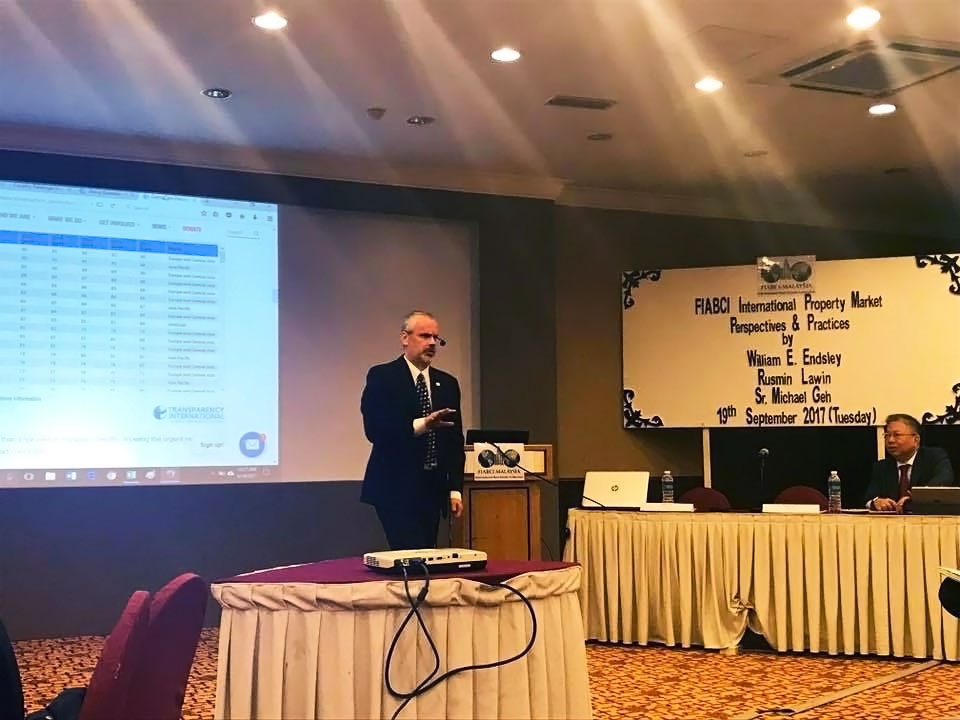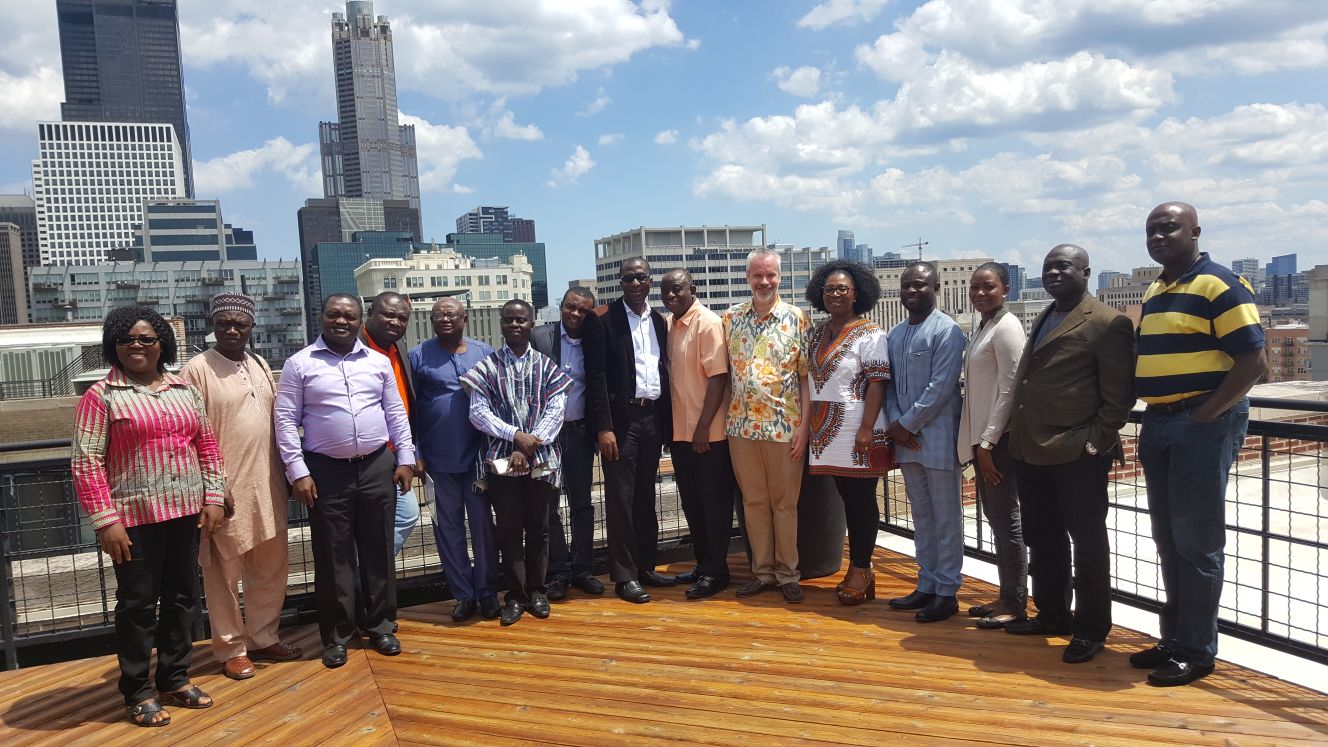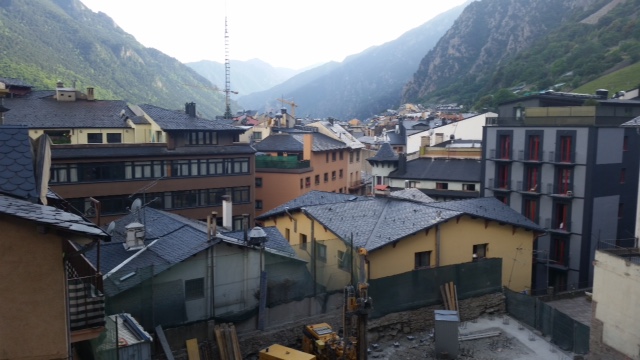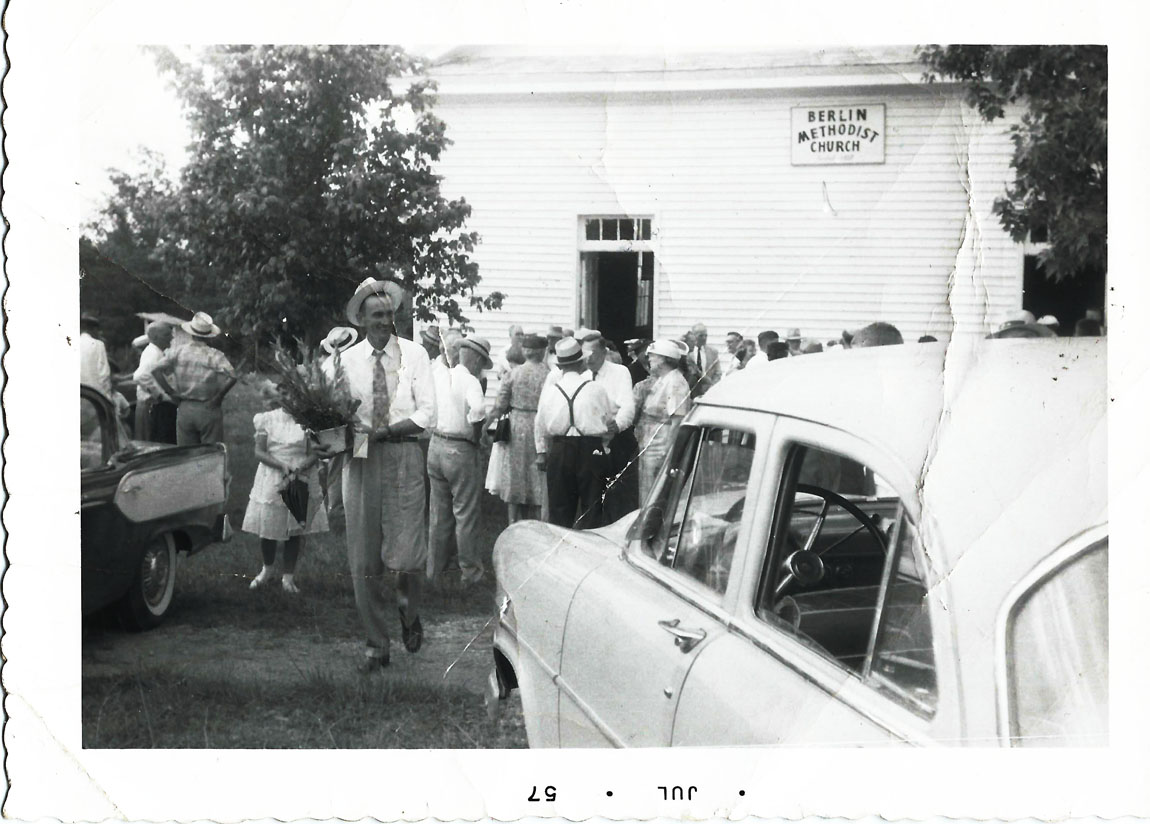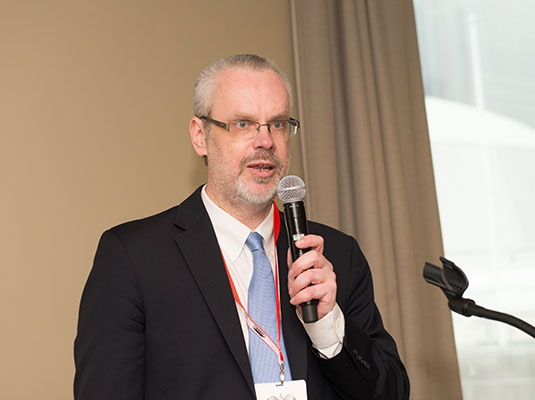
Respect
“If you realize what the real problem is – losing yourself, giving yourself to some higher end, or to another – you realize that this itself is the ultimate trial. When we quit thinking primarily about ourselves and our own self-preservation, we undergo a truly heroic transformation of consciousness.” Joseph Campbell, The Power of Myth, The Hero’s Adventure Chapter
We live in a pluralistic society. We have become so diverse we are quite literally bursting at the seams. When Buddhists are committing genocide, then we have a much larger problem than one dysfunctional government or the ravings of one impotent leader. Technology has distributed power to the many and the few are desperate to hold on to their privilege.
When power – money, access, influence – is centralized, respect is demanded by the leaders and given enthusiastically by the toadies and reluctantly by the fringe. The privileged power party runs along with excess. Respect for laws, women, honor, the natural world and wisdom falls away as the core rots from the inside. Corruption soon becomes the norm and the truth must be distorted, suppressed or redefined to preserve perverted power.
Into this bacchanal a hero is born. The hero does not attack the old potentate or bang on the walls of the crumbling establishment. The heroine founds the new. With the power available to each of us today, whether through instant global communication, the sharing economy, or myriad opportunities to respect our disparate neighbors and lift them up; we all have the choice: to stay on the current vicious path and relate only to our coterie and concentrate on our own protection or to take up the hero’s path and open the way to better more respectful world through dialog and engagement.

